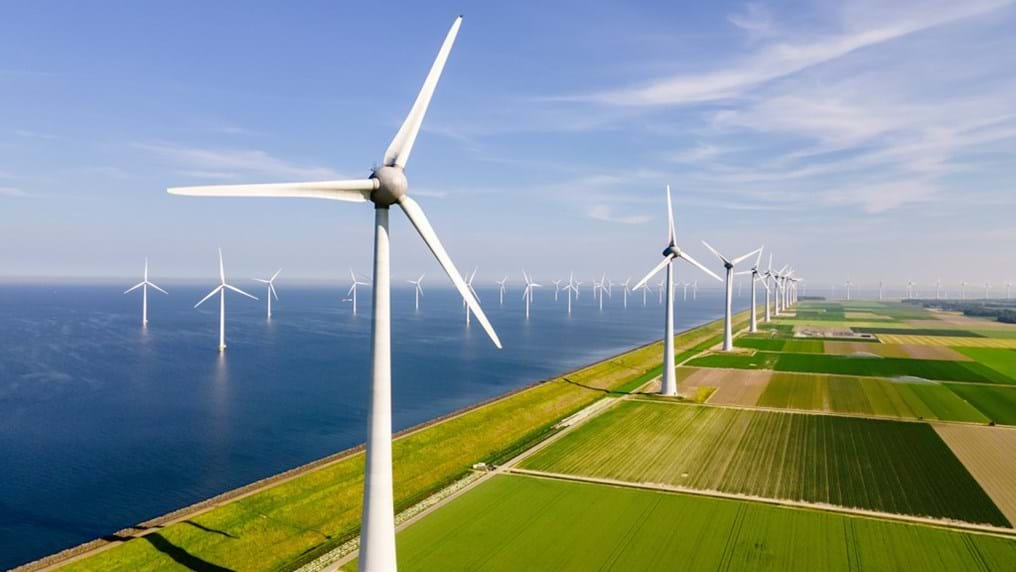Making sure green energy is safe energy

9th August 2024
IChemE brought together a range of experts for a roundtable event on 16 July 2024, to discuss the safe future of the energy industry, and how to ensure process safety capability is protected and promoted as the sector moves away from oil and gas and as green energy ramps up. Trish Kerin, Director of the IChemE Safety Centre, chaired a discussion, with representatives from a regulatory, industrial and professional engineering institution background, including IChemE’s Clean Energy and Sustainability Special Interest Group, and the Major Hazards Committee.
The new government has ushered in a new ambition for green energy, with “clean energy by 2030” being their second overarching mission, and a commitment to make the UK "a clean energy superpower”. To successfully deliver these ambitions, these sources of energy will need to be, and be seen to be, safe and reliable. This will require that we make the most of the existing skills of the energy workforce as well as effectively and rapidly develop new capacity. Indeed, Labour's manifesto set out an aspiration to “embrace the future of energy production and storage which will make use of existing offshore infrastructure and the skills of our offshore workforce.”
The UK faces a significant challenge in ensuring that the energy sector has the know-how needed to achieve process safety in the future. We are facing a perfect storm, as an increasing demand for energy and the resulting increased demands on the workforce combines with the Great Resignation and the potential loss of significant human capital and organisational know-how as the oil and gas sector adjusts to a low carbon future. This roundtable saw IChemE bring together a range of experts to discuss this challenge and how to address it. Read a summary of the roundtable.
Links
What is chemical engineering?
Chemical, biochemical and process engineering is the application of science, mathematics and economics in the process of turning raw materials into everyday, and more specialist, products. Professional chemical engineers design, construct and manage process operations all over the world. Energy, pharmaceuticals, food and drink, synthetic fibres and clean drinking water are just some of the industry sectors and products where chemical engineering plays a central role.
IChemE
The Institution of Chemical Engineers (IChemE) advances chemical engineering's contribution for the benefit of society. We facilitate the development of chemical engineering professionals and provide connections to a powerful network of around 30,000 members in more than 100 countries.
We support our members in applying their expertise and experience to make an influential contribution to solving major global challenges, and are the only organisation permitted to award Chartered Chemical Engineer status and Professional Process Safety Engineer registration.